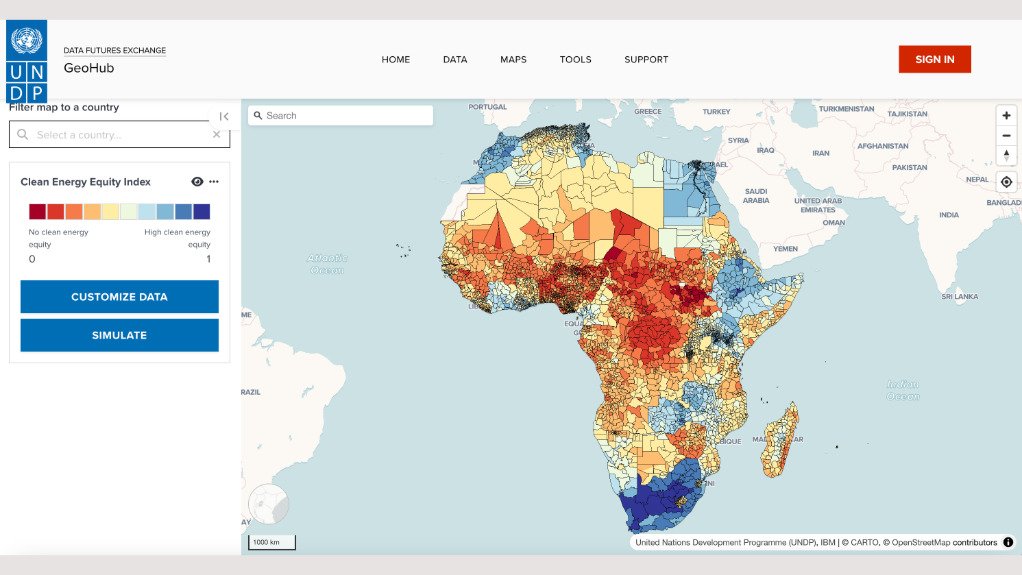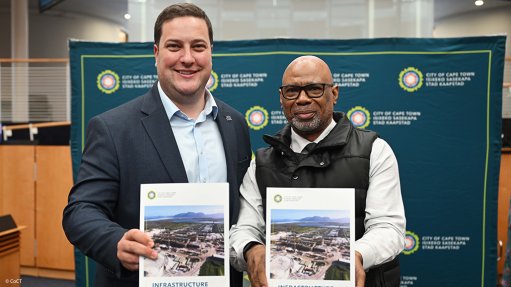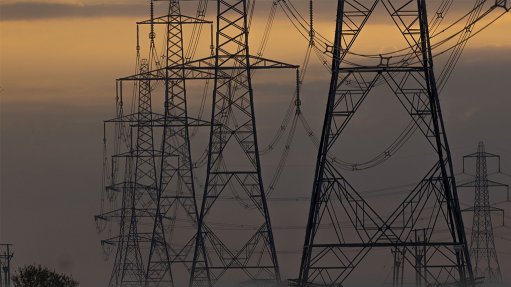IBM develops two new models for energy sector forecasting
Information technology company IBM has developed two new interactive models for the United Nations Development Programme (UNDP) GeoHub, namely the AI model Electricity Access Forecasting, and the statistical geospatial model Clean Energy Equity Index.
The new models will be made available for free to the general public through the UNDP GeoHub dashboards, thereby helping users access data and insights to interpret complex clean energy challenges and opportunities, the organisations say.
"By making innovative models freely accessible to the public, we aim to empower leaders, organisations and community members with the insights to make impactful energy decisions around the world," says IBM VP and chief impact officer Justina Nixon-Saintil.
The solutions use technologies such as the IBM watsonx AI and data platform to enable users, including national and community policymakers and the general public, to analyse complex energy issues through advanced AI technology and access a range of resources, thereby helping to support data-driven decision-making toward a just energy transition.
GeoHub is a centralised ecosystem of geospatial data and services. It provides a platform to easily upload, visualise and analyse datasets, combining time-oriented and geographic data with satellite imagery.
GeoHub supports a granular, localised and evidence-based approach to development challenges and integrated policy making from determining sub-national distribution of electricity access, to assessing levels of vulnerability to the effects of climate change for communities over time.
"The collaboration with IBM helps countries leverage development data and technology innovation to improve lives and protect the planet. The co-created solutions provide a credible evidence base to help countries make meaningful and practical progress towards a just energy transition.
"Net-zero investment and people-centred development strategies are fundamental to accelerate the [Sustainable Development Goals (SDGs)]," said UNDP Bureau for Policy and Programme Support SDG integration team head Laurel Patterson.
THE MODELS
The Electricity Access Forecasting AI model uses the IBM watsonx AI and data platform, IBM Cloud, and an open-source machine learning library to provide future forecasts at scale of electricity access through 2030 by evaluating a set of factors including population, infrastructure, urbanisation, elevation and satellite data in addition to land-use data provided by IBM Environmental Intelligence.
By modelling these factors to make a future forecast, the Electricity Access Forecasting model provides a distinct advantage compared to more commonly available, current-day estimates of electricity access, IBM and the UNDP say.
The model will contain data from 102 countries across the Global South, including in Africa, Asia Pacific, Latin America and the Middle East.
Additionally, the Clean Energy Equity Index, developed by IBM and UNDP together with Stony Brook University, is a statistical geospatial model combining geospatial analytics with environmental, economic and social factors such as education, greenhouse-gas emissions, and relative wealth to generate a Clean Energy Equity score of 0-1. This score reflects both opportunities for clean energy development as well as urgency, through the lens of equity and a just transition, the organisations say.
In this Clean Energy Equity Index dashboard, GeoHub users can also individually view and customise each environmental, economic or social factor analysed in the model to evaluate which factors have the greatest impact on equitable access to clean energy, and empowering better decision-making. The model will provide data from 53 African countries.
Historically, advanced models like these have not always been freely accessible and applicable to all users, they highlight.
IBM and UNDP set out to co-create solutions that would strengthen free public access to complex clean energy information and advanced technology, while simultaneously providing essential energy resources for policymakers, governments, journalists and decision-makers.
"Universal access to electricity remains a pivotal goal for African states in the region. Our collaboration with the UNDP will allow communities on the continent to use the power of science, leading technology and the latest innovations in AI and hybrid cloud to turn sustainability ambition into action, by leveraging data and insights to interpret complex clean energy challenges and opportunities," says IBM Middle East and Africa corporate social responsibility leader John Matogo.
Article Enquiry
Email Article
Save Article
Feedback
To advertise email advertising@creamermedia.co.za or click here
Announcements
What's On
Subscribe to improve your user experience...
Option 1 (equivalent of R125 a month):
Receive a weekly copy of Creamer Media's Engineering News & Mining Weekly magazine
(print copy for those in South Africa and e-magazine for those outside of South Africa)
Receive daily email newsletters
Access to full search results
Access archive of magazine back copies
Access to Projects in Progress
Access to ONE Research Report of your choice in PDF format
Option 2 (equivalent of R375 a month):
All benefits from Option 1
PLUS
Access to Creamer Media's Research Channel Africa for ALL Research Reports, in PDF format, on various industrial and mining sectors
including Electricity; Water; Energy Transition; Hydrogen; Roads, Rail and Ports; Coal; Gold; Platinum; Battery Metals; etc.
Already a subscriber?
Forgotten your password?
Receive weekly copy of Creamer Media's Engineering News & Mining Weekly magazine (print copy for those in South Africa and e-magazine for those outside of South Africa)
➕
Recieve daily email newsletters
➕
Access to full search results
➕
Access archive of magazine back copies
➕
Access to Projects in Progress
➕
Access to ONE Research Report of your choice in PDF format
RESEARCH CHANNEL AFRICA
R4500 (equivalent of R375 a month)
SUBSCRIBEAll benefits from Option 1
➕
Access to Creamer Media's Research Channel Africa for ALL Research Reports on various industrial and mining sectors, in PDF format, including on:
Electricity
➕
Water
➕
Energy Transition
➕
Hydrogen
➕
Roads, Rail and Ports
➕
Coal
➕
Gold
➕
Platinum
➕
Battery Metals
➕
etc.
Receive all benefits from Option 1 or Option 2 delivered to numerous people at your company
➕
Multiple User names and Passwords for simultaneous log-ins
➕
Intranet integration access to all in your organisation




















